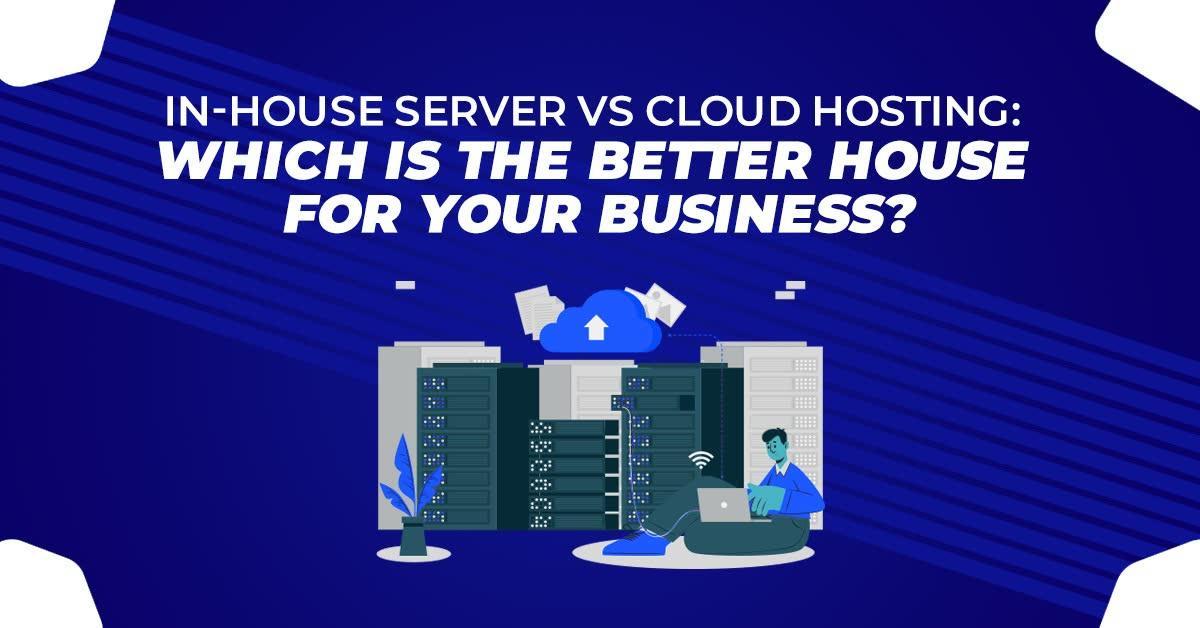All About The Types Of Web Hosting A Beginners Guide
Web hosting refers to the process of storing a website on a server and making it accessible to the internet. In order to have a website, it must be hosted on a server, and web hosting services provide businesses and individuals with a server to store their websites.
Shared hosting is the most cost-effective option for individuals and small businesses, with multiple websites hosted on the same server and the server resources shared among all the websites. Dedicated hosting or dedicated server hosting provides a single website with its own dedicated server, offering increased performance, control, and security. VPS hosting, or virtual private server hosting, is a hybrid of shared and dedicated hosting, with the customer sharing a server with other customers but having their own virtualized server environment. Cloud hosting, on the other hand, uses a network of servers to host websites, providing increased reliability and scalability.
However, which type of hosting is beneficial can be determined by our business needs. When choosing a web hosting service, it is important to consider factors such as server location, uptime guarantee, customer support, storage and bandwidth, and the cost of the service. The hosting provider should also offer reliable backups and security measures to protect the website and its data.
Types Of Web Hosting
- Shared Hosting: In shared hosting, multiple websites are hosted on the same server and the server resources are shared among all the websites. This is the most cost-effective and user-friendly option for individuals and small businesses, with the hosting provider handling server maintenance, security, and backups.
- Dedicated Hosting: Dedicated hosting provides a single website with its own dedicated server, offering increased control, security, and performance. The customer has full control over the server, including the choice of operating system and software, and is responsible for managing the server, including backups, security, and software updates.
- Virtual Private Server (VPS) Hosting: VPS hosting is a hybrid of shared and dedicated hosting, with the customer sharing a server with other customers but having their own virtualized server environment. This option provides increased resources and control compared to shared hosting and is suitable for websites with growing traffic and resource requirements.
- Cloud Hosting: Cloud hosting uses a network of servers to host websites, providing increased reliability and scalability. The customer only pays for the resources they use, and the hosting provider is responsible for server maintenance, security, and backups.
- Managed WordPress Hosting: Managed WordPress hosting is a type of web hosting specifically designed for WordPress websites. The hosting provider takes care of server maintenance, security, backups, and software updates, allowing the customer to focus on their website content.
- Colocation Hosting: Colocation hosting provides a physical server for the customer to store in a data center, with the hosting provider providing the necessary infrastructure, such as power and connectivity. The customer is responsible for managing the server, including backups, security, and software updates.
- Reseller Hosting: Reseller hosting allows the customer to host multiple websites using the resources of the hosting provider’s server, and then resell the hosting services to others. This option is suitable for individuals or businesses that want to start their own web hosting business.
A Basic Guide For Web Hosting For Beginners
- Choose a type of hosting: There are various types of web hosting, such as shared hosting, VPS hosting, dedicated hosting, and cloud hosting. Consider the size of your website and the traffic it receives to determine which type of hosting is best for you.
- Pick a web host: Research and compare different web hosting providers based on their reputation, features, and pricing. Look for a host that offers reliable uptime, good customer support, and a user-friendly control panel.
- Register a domain name: A domain name is an address that visitors use to access your website. You can register a domain name through a registrar, such as GoDaddy or Namecheap.
- Sign up for hosting: Choose a hosting plan that suits your needs, and sign up for an account with your chosen web host. You will typically be asked to provide personal information and billing information.
- Set up your website: Most web hosts provide a control panel that allows you to manage your hosting account and install web-based applications, such as WordPress, with just a few clicks.
- Upload your website files: Use an FTP client, such as FileZilla, to upload your website files to your web server. You can also use the file manager in your web host’s control panel to upload your files.
- Check your website: Visit your website to make sure it is functioning correctly, and check for any broken links or errors.
- Maintenance and updates: Regularly back up your website and update any software or plugins you are using to keep your website secure and running smoothly.
- Monitor website performance: Use tools such as Google Analytics to monitor your website’s traffic and performance, and make any necessary adjustments to improve your website’s speed and user experience.
- Customer support: Make sure that your web host offers reliable and responsive customer support, as you may need help with technical issues or any other questions that arise. Look for web hosts that offer 24/7 support via phone, email, or live chat.
Note: The specifics of setting up a website may vary depending on the type of hosting and platform you use, so be sure to follow the instructions provided by your web host.
Conclusion
In conclusion, there are several types of web hosting available to meet the diverse needs and budgets of websites, including shared hosting, dedicated hosting, VPS hosting, cloud hosting, managed WordPress hosting, colocation hosting, and reseller hosting. The choice of web hosting depends on the size, needs, and budget of the website, and it is important to choose a reliable and reputable hosting provider to ensure the stability and security of the website.






































